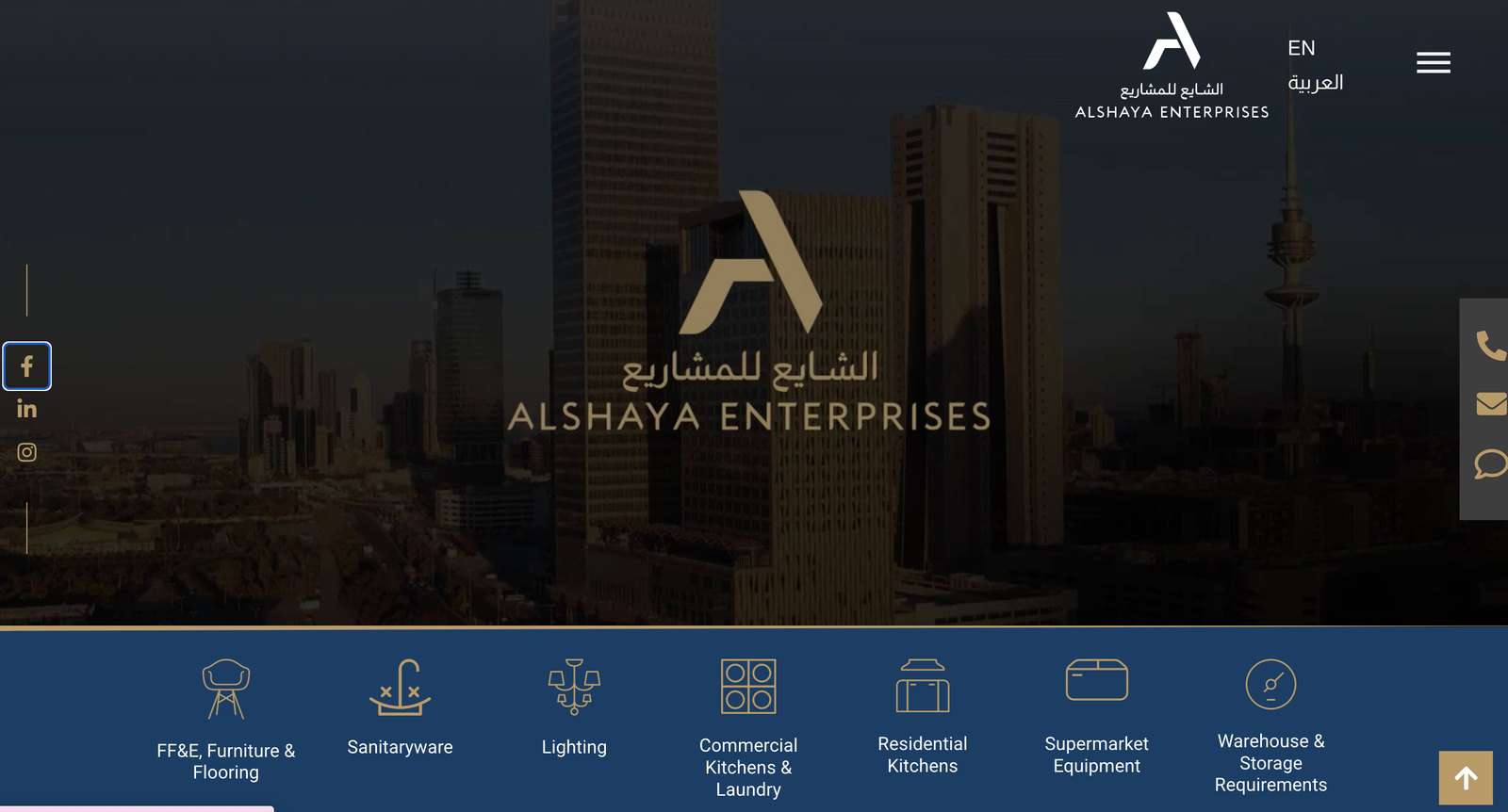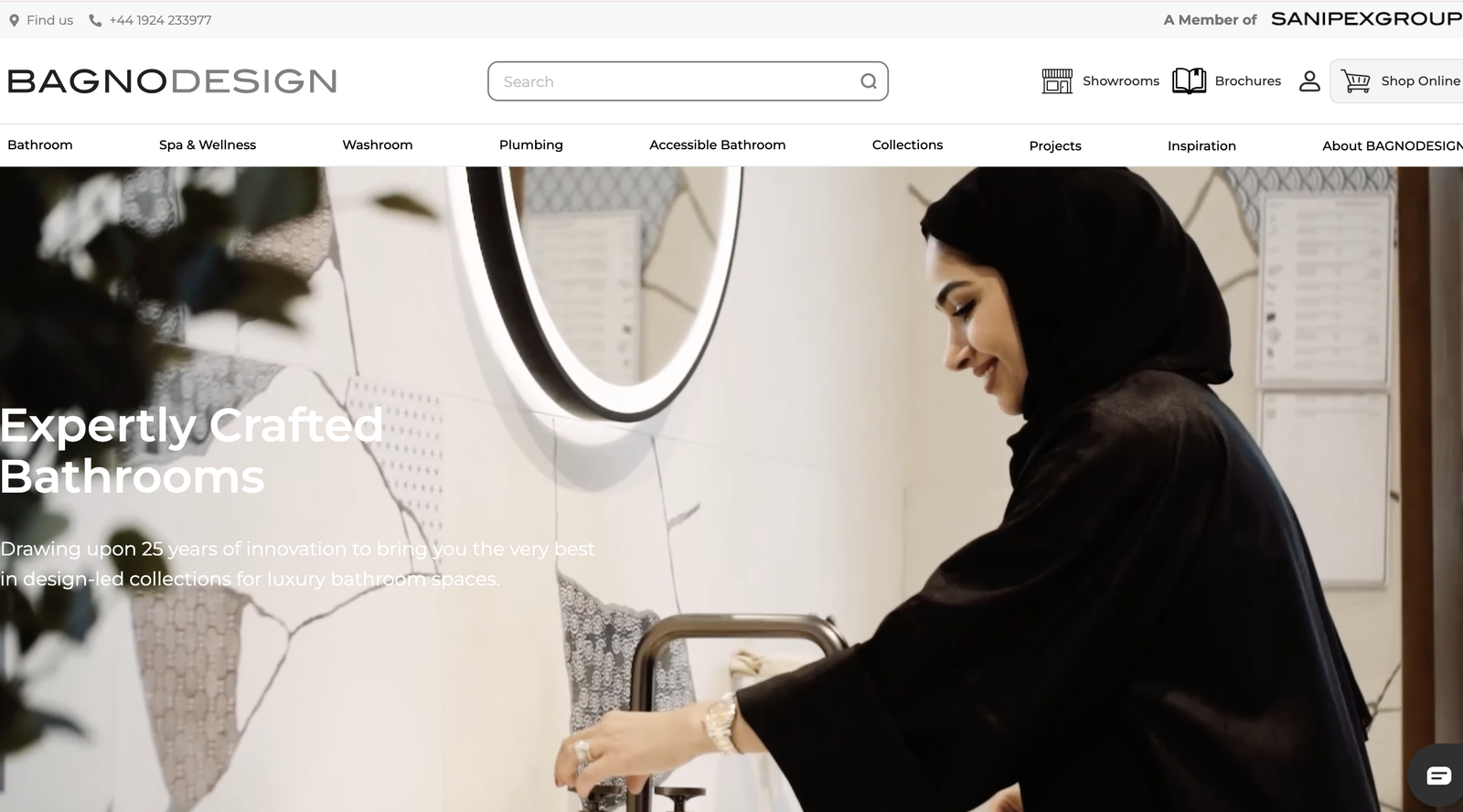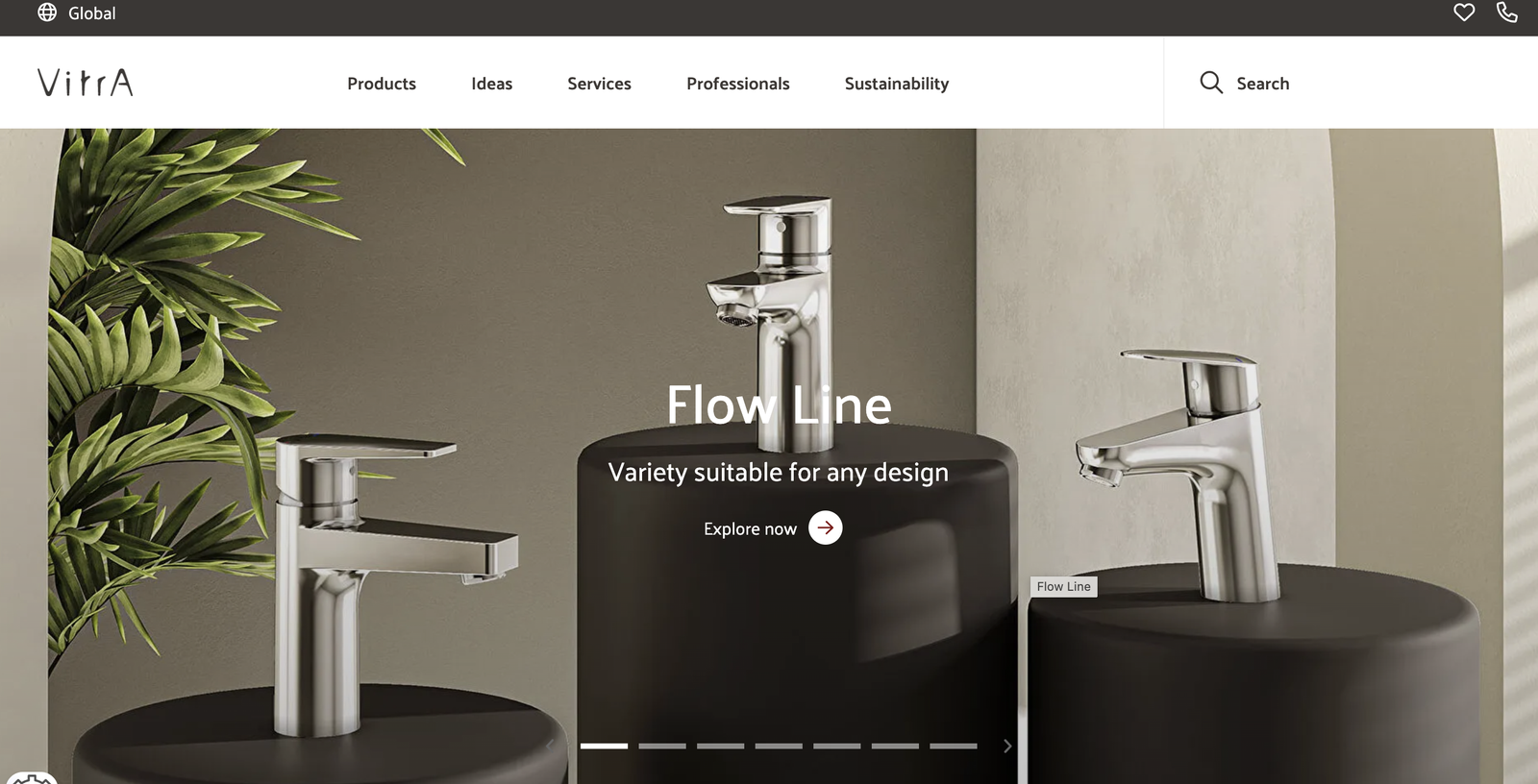In recent years, the demand for smart mirrors in the Middle East has skyrocketed. This trend is not only a continuation of the smart home revolution but also a reflection of the region’s strong preference for the integration of technology and luxury. The rise of smart mirrors is reshaping high-end hotels and luxury residences, while also being widely adopted in construction projects and commercial spaces.
So why are Middle Eastern consumers so keen on smart mirrors? What market trends should businesses be aware of? This article will explore these questions in depth and analyze the market performance of major local brands.
1. Why Is Demand for Smart Mirrors Growing in the Middle East?
1.1 Rapid Adoption of Smart Homes
The Middle East, particularly the UAE, Saudi Arabia, and Qatar, has been heavily investing in smart city and smart home projects. In luxury residences and five-star hotels across cities like Dubai and Riyadh, smart bathroom solutions are becoming a key upgrade, with smart mirrors playing a central role.
Key reasons why Middle Eastern consumers are drawn to smart home products include:
- Aesthetic and technological appeal: Smart mirrors integrate HD displays, voice control, touch sensors, and Bluetooth speakers, fulfilling modern households’ desire for advanced technology.
- Luxury experience: The Middle Eastern market favors high-end, customizable bathroom products. Smart mirrors with adjustable LED lighting, anti-fog heating, and real-time news and weather updates align with the region’s vision of luxury.
- Energy efficiency: Some smart mirrors feature automatic light adjustment, adapting brightness to ambient conditions, reducing energy consumption, and aligning with the Middle East’s increasing focus on sustainability.
1.2 Adoption in High-End Hotels and Commercial Projects
Smart mirrors have become a staple in luxury hotels, resorts, spas, and commercial buildings, particularly in five-star hotels’ bathrooms, dressing rooms, and fitness centers. Cities like Abu Dhabi, Dubai, and Doha are upgrading to smart bathrooms to enhance guest experiences.
Why are hotels investing in smart mirrors?
- Enhanced guest experience: Visitors can check the weather, news, and flight updates or even control lighting and music through the mirror.
- Smart management: Some high-end hotels integrate smart mirrors with room management systems, allowing guests to adjust air conditioning, curtains, and lighting through a touch interface.
- Competitive advantage: Hotels with smart amenities tend to receive higher guest ratings, attracting more luxury travelers.
2. Top 5 Local Smart Mirror Brands in the Middle East
Several homegrown brands have emerged as key players, offering premium designs, intelligent features, and localized services. Below are five well-known brands and their product highlights:
| Brand | Main Products | Key Features | Ideal Usage |
|---|---|---|---|
| RAK Ceramics (UAE) | Smart mirrors, smart vanities | Anti-fog HD mirror, touch dimming, integrated Bluetooth speakers | Luxury homes, hotels |
| Geberit Arabia (Middle East) | Smart mirrors, smart toilets | Automatic defogging, LED mood lighting, voice control | Villas, private clubs |
| Bagno Design (UAE) | Bathroom smart mirrors | Integrated display, time/weather updates, intelligent temperature control | Hotels, resorts |
| Vitra Middle East (Turkey-Middle East) | High-end smart bathroom series | Waterproof mirror, energy-efficient LED, motion sensors | High-end apartments, commercial spaces |
| Alshaya Enterprises (Kuwait) | Smart mirrors, bathroom solutions | Smart light sensing, customizable touch interface | Luxury homes, boutique spas |
Each brand offers unique features, applications, and designs, catering to different customer segments in the Middle East. From ultra-luxury hotels to high-end private residences, these brands provide tailored smart mirror solutions.
3. Future Trends: Four Key Directions for the Middle East Smart Mirror Market
3.1 AI-Powered Integration
Future smart mirrors will not only display weather updates and news but will also feature AI facial recognition and health monitoring. Advanced models will offer skin analysis, health diagnostics, and even sync with smartwatches for comprehensive wellness tracking.
3.2 Voice Control and Smart Home Integration
As Arabic-language voice assistants continue to develop, smart mirrors will support native-language commands. Users will be able to adjust mirror brightness, play music, or control smart curtains with Arabic voice prompts, enhancing convenience.
3.3 Advanced Waterproof and Anti-Fog Technologies
Due to the Middle East’s hot climate, smart mirrors will feature improved waterproof and anti-fog technologies. Innovations like nano-coating anti-fogging technology will ensure clear reflections even in high-humidity environments.
3.4 Growing Demand for High-End Customization
Customization is key in the Middle East’s luxury market. Future offerings may include gold-plated frames, colored LED mood lighting, and personalized display interfaces, catering to the needs of high-end homes and premium commercial spaces.
4. Conclusion
The demand for smart mirrors in the Middle East is rapidly rising, driven by smart home trends, luxury hotel upgrades, and local brand innovations. For businesses looking to enter this market, offering localized products, intelligent features, and customizable solutions will be essential to success.
Smart mirrors are more than just technology—they are a lifestyle statement. Over the next few years, this industry will continue to evolve, bringing smarter, more luxurious bathroom experiences to Middle Eastern consumers.
FAQ: People Also Ask
1. What are the most important smart mirror features for Middle Eastern consumers?
Consumers prioritize anti-fogging, smart display integration, voice control, and energy efficiency.
2. What should be considered when installing a smart mirror in the Middle East?
It’s essential to choose materials that withstand high temperatures and humidity, ensuring durability and safety.
3. Where can smart mirrors be used?
Smart mirrors are ideal for home bathrooms, hotel rooms, spas, and commercial office spaces.
4. How much do smart mirrors cost in the Middle East?
Prices range from $300 to $3,000, depending on features and customization options. High-end models often include personalized designs and luxury enhancements.



